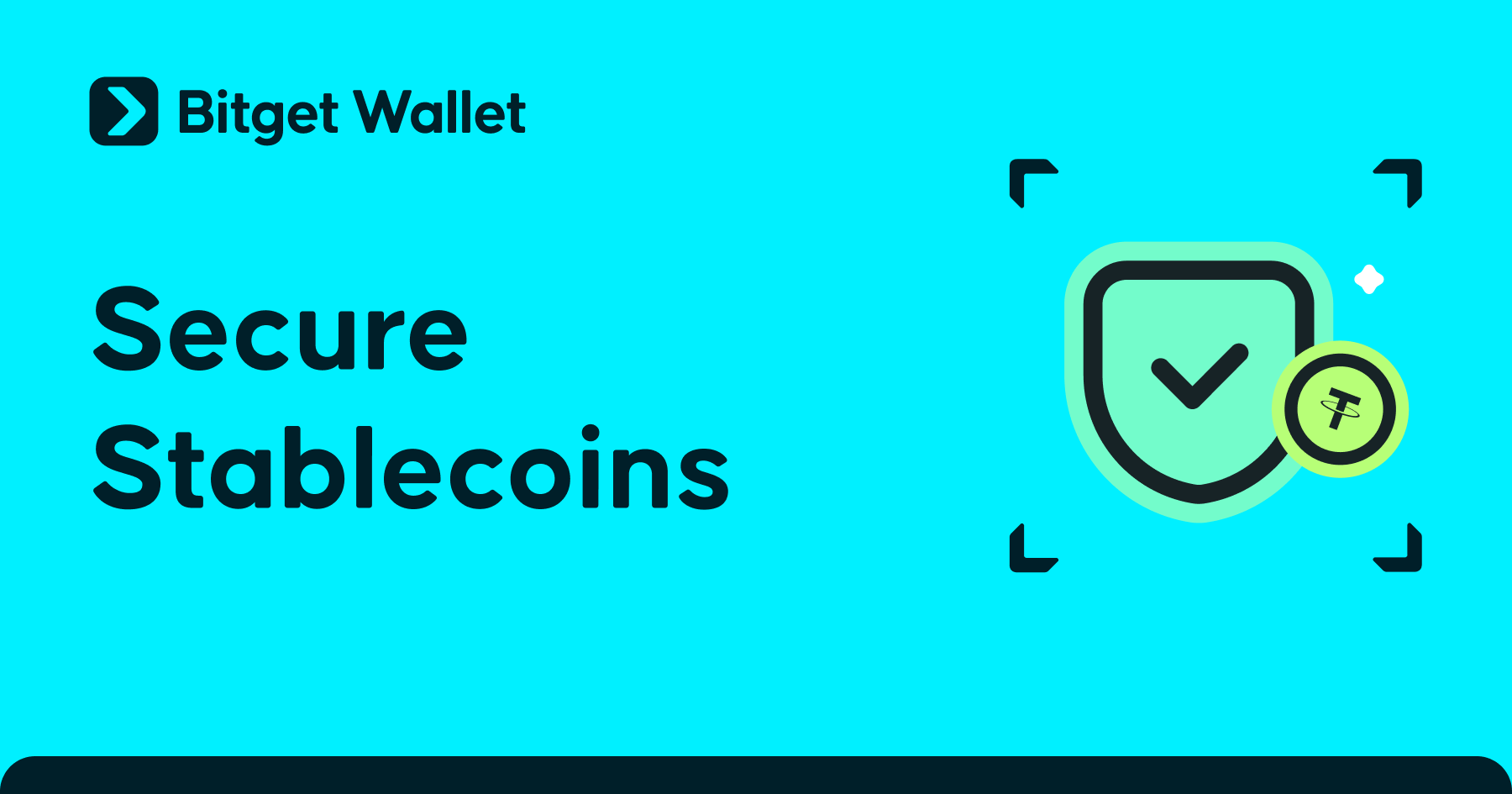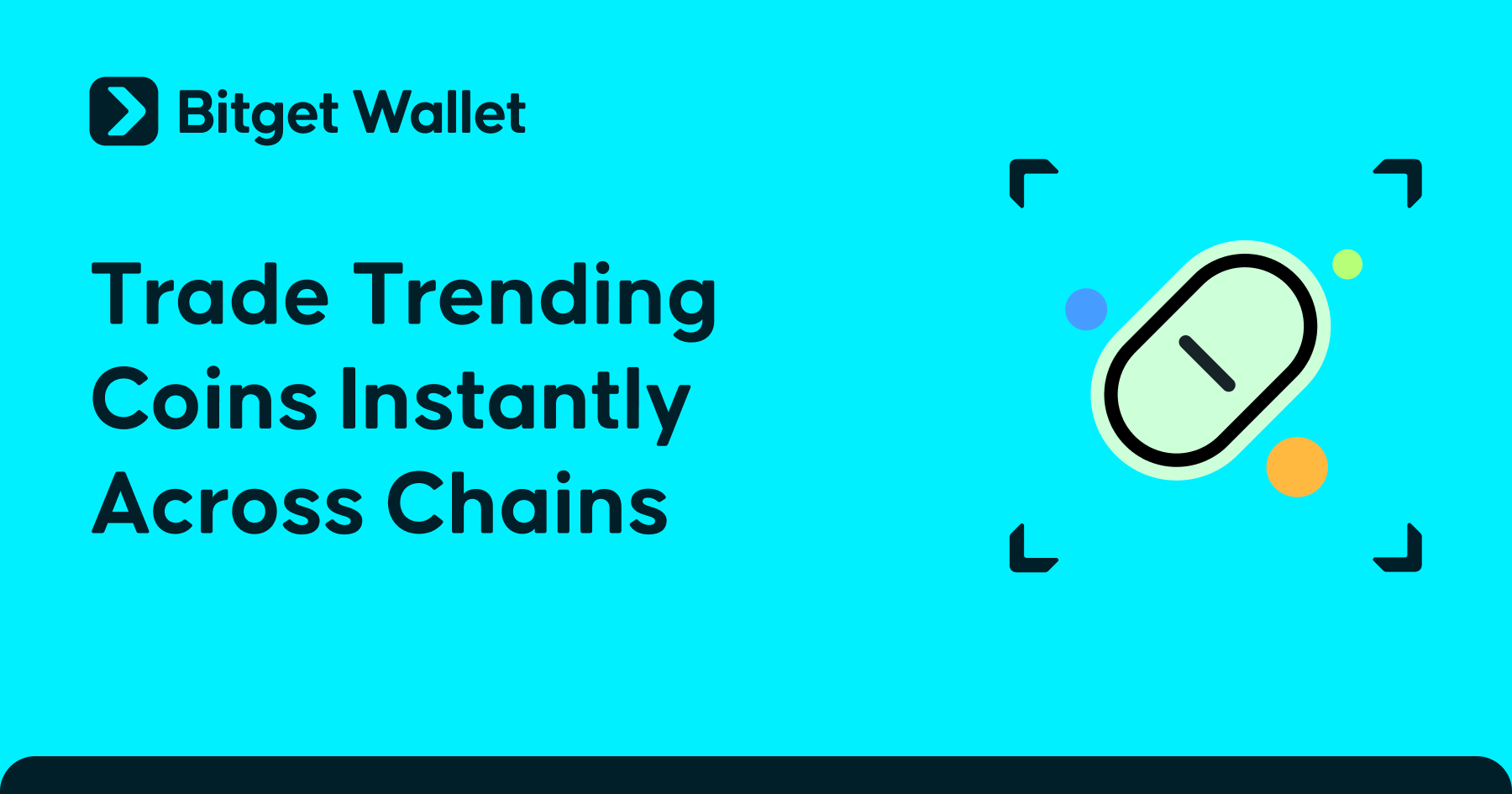The Future of Privacy Coins: Balancing Anonymity and Regulation

Privacy coins, a subset of cryptocurrencies designed to ensure anonymity and untraceable transactions, have been a contentious topic in the crypto space. As privacy becomes an increasingly valuable commodity in a world where data breaches, surveillance, and personal tracking are common, these coins offer a haven for individuals who prioritize discretion. However, with this anonymity comes a host of regulatory challenges, as governments and financial institutions grapple with the potential misuse of privacy coins for illegal activities such as money laundering, tax evasion, and terrorist financing.
The future of privacy coins lies at the intersection of two competing priorities: ensuring the right to privacy for legitimate users and complying with growing regulatory demands. As the debate over their use intensifies, privacy coins face an uncertain path forward, and finding a balance between anonymity and regulation will be crucial for their survival.
What Are Privacy Coins?
Privacy coins are cryptocurrencies that employ advanced cryptographic techniques to obscure transaction details. Unlike Bitcoin and Ethereum, where transaction histories are transparent and visible on public blockchains, privacy coins mask information such as sender and receiver addresses and transaction amounts. Popular examples include Monero (XMR), Zcash (ZEC), and Dash (DASH), each of which uses unique technologies to provide anonymity.
Monero, for instance, employs ring signatures and stealth addresses to ensure that transactions are unlinkable and untraceable. Zcash uses zk-SNARKs (zero-knowledge succinct non-interactive arguments of knowledge), which allow transactions to be verified without revealing any information about the parties involved. Dash, while not entirely private by default, offers optional privacy features through its "PrivateSend" feature, making it possible for users to anonymize their transactions when necessary.
These technologies are crucial for individuals who wish to protect their financial privacy, especially in countries with authoritarian regimes or where personal privacy is under threat. However, their opaque nature has also raised alarms among regulators and law enforcement agencies.
The Appeal of Privacy Coins
The appeal of privacy coins lies in their ability to provide financial anonymity in an increasingly transparent digital world. For individuals who value privacy, especially those living in politically oppressive environments, these coins offer a safeguard against surveillance and tracking. Journalists, activists, and dissidents in countries with heavy censorship may use privacy coins to conduct transactions without fear of retribution or government interference.
In addition to personal privacy, privacy coins provide a solution for businesses seeking to keep sensitive financial information private. Companies dealing with trade secrets, intellectual property, or sensitive client data may use privacy coins to protect transaction details from competitors or potential hackers.
As privacy concerns grow globally, the demand for coins like Monero and Zcash has surged, reflecting a broader trend toward protecting personal data from unauthorized access.
Regulatory Challenges and Government Crackdowns
While privacy coins serve a legitimate purpose, their anonymity features make them attractive to individuals engaged in illicit activities. The ability to conduct untraceable transactions has led to concerns that these coins could be used for money laundering, terrorist financing, and other illegal activities. Consequently, regulators and governments worldwide have started to crack down on privacy coins, with some exchanges delisting them due to pressure from authorities.
In 2020, the Financial Action Task Force (FATF), an international body responsible for setting global anti-money laundering (AML) standards, called for stricter regulations on virtual assets, including privacy coins. The FATF's "travel rule" requires cryptocurrency exchanges and service providers to share information about senders and receivers of transactions above a certain threshold. Privacy coins, with their inherent focus on anonymity, pose a direct challenge to this requirement.
Several countries have taken steps to restrict or ban the use of privacy coins altogether. Japan banned privacy coins in 2018 as part of its efforts to strengthen its anti-money laundering regulations. South Korea followed suit, barring exchanges from listing privacy-focused cryptocurrencies. The European Union has also indicated that it may tighten its regulations on cryptocurrencies, potentially impacting the future of privacy coins across the continent.
In the United States, regulatory agencies such as the Financial Crimes Enforcement Network (FinCEN) have expressed concerns about the potential misuse of privacy coins. The Internal Revenue Service (IRS) has even offered bounties for developers who can break Monero’s privacy features, further highlighting the regulatory pressure on these assets.
Striking a Balance for the Use of Privacy Coins
The future of privacy coins depends on balancing anonymity with regulatory compliance. While privacy is a key right, their potential misuse for illegal activities can't be ignored. As governments increase regulation, privacy coin developers must find solutions that address both privacy and legal concerns.
One approach is to create privacy coins with optional transparency. For example, Zcash lets users choose between private (shielded) and public (transparent) transactions, allowing compliance with regulations while keeping privacy. Other privacy coins may adopt similar models to remain compliant.
Another solution is developing tools that let users prove their transactions are legitimate without revealing sensitive details. Advances in cryptography, like zero-knowledge proofs, could make privacy coins more secure and compliant with rules like the FATF’s "travel rule."
For privacy coins to succeed, developers, regulators, and exchanges must work together. By promoting open dialogue and transparency, privacy coins can address regulatory concerns while continuing to offer anonymity for legitimate users.
The future of privacy coins
Privacy coins are at a critical juncture. The demand for privacy and anonymity in financial transactions is real and growing, but so are the concerns about their potential misuse. To ensure their future, privacy coins must evolve to meet the needs of both users and regulators.
By embracing optional transparency features, leveraging advanced cryptographic tools, and working with regulators, privacy coins can find a way to balance anonymity with the growing demands for oversight. While the road ahead may be challenging, the future of privacy coins remains promising if the right balance can be struck.
Explore the privacy coins and more with Bitget Wallet today. Experience its comprehensive features including wallet management, Swap capabilities, an NFT Market, DApp Browser and Launchpad functionalities.
Bitget Wallet supports over 100 public chains, offering optimal trading prices aggregated from leading DEXes and NFT markets. Seamlessly interact with decentralized applications and digital assets to capitalize on the opportunities presented by the Web3 ecosystem. Embrace decentralization with confidence by joining Bitget Wallet now and accessing a robust suite of tools for navigating the decentralized world.
- What Is Crypto Fear and Greed Index: How Traders Read Fear vs Greed Signals2025-11-19 | 5 mins
- How to Pay with Crypto: Fast, Safe, and Beginner-Friendly Method2025-11-18 | 5 mins
- How to Convert Your Crypto to Cash: 5 Easy Ways for Beginners2025-11-18 | 5 mins

















